Happy Irritable Bowel Syndrome (IBS) Awareness Month! I know, it’s not a fun topic; I mean, who wants to talk about bowel discomfort? It can be embarrassing to talk about your stomach problems, and you might even think the pain and bloating are normal because it’s all that you know. But don’t let shyness get in the way of healing. You’re bloated, you’re uncomfortable, your stomach is in pain, and maybe you’re worried about going out because you need to quickly find bathrooms. It doesn’t have to be that way. If you have symptoms, talk to your primary care physician or health care provider.
The good news is that you can help control your symptoms through diet and nutrition.
What is IBS?
Irritable Bowel Syndrome is a functional gastrointestinal tract disorder. That means the symptoms are caused by changes in how the GI tract works (read: it’s not working properly). Symptoms include abdominal pain or discomfort, cramping, bloating, constipation and/or diarrhea. While it may be painful, IBS does not damage your organs or lead to disease.
IBS affects an estimated 24 million Americans, according to a report from Harvard Medical School. It’s more commonly found in people under age 45, and is twice as common in women than men.
Top 10 Ways to Control Your IBS Symptoms With Diet & Exercise
1. Exercise regularly. A 2011 study of IBS patients found that 20-30 minutes of moderate to vigorous physical activity coupled with supportive phone calls from a physiotherapist resulted in a significant improvement of symptoms compared with those who just had phone calls.
2. Avoid high-gas food. If you suffer from bloating and gas, you may find relief by reducing or avoiding high-gas foods like carbonated beverages, salads and raw fruits and vegetables — especially crucifers like broccoli and cauliflower.
3. Consider the FODMAP Elimination Diet. Some researchers propose that people with IBS have a hard time digesting and absorbing certain sugars called FODMAPS (fermentable oligio-di-monosaccharides and polyols). When they eat a sugar their body can’t properly break down, it contributes to their symptoms. The FODMAP approach is an elimination diet that helps you determine which sugars you are sensitive to, and what foods to avoid.
4. Increase fiber slowly. Quickly adding fiber to your diet may cause gas and trigger other symptoms, so increase intake slowly by 2-3 grams per day to reduce the risk.
5. Try peppermint oil.* Enteric-coated peppermint oil capsules may help reduce symptoms like abdominal pain, bloating and gas.
6. Take a probiotic.* Probiotics are live micro-organisms similar to the ones in our digestive tract. Taking probiotics has been associated with improved IBS symptoms — especially abdominal pain, bloating and gas.
7. Drink lots of water.
8. Eat smaller meals instead of three big meals every day, recommends the American Academy of Family Physicians.
9. Start a food log. Record what and when you eat, your symptoms and bowel movements. This will help you determine which foods worsen your IBS.
10. Keep an eye on common “trigger foods” like milk products, alcohol, chocolate, beans, cabbage, red peppers, green onions, high-fat foods, artificial sweeteners sorbitol and xylitol (often found in sugarless candy and gum), wheat and caffeine (in coffee, tea, soda and some medications like Excedrin and Midol).
*Always talk to your healthcare provider before taking any herbs or supplements.
Sources:
American Academy of Family Physicians: Fiber: How to Increase the Amount In Your Diet. Updated December, 2010.
American Academy of Family Physicians: Irritable Bowel Syndrome, Treatment. Updated August, 2012.
Cleveland Clinic: Irritable Bowel Syndrome (IBS). Reviewed January, 2011.
Harvard Health Publications, Harvard Medical School: Understanding and treating an irritable bowel.
Mayo Clinic: Irritable Bowel Syndrome: treatments and drugs. July, 2011
Medline Plus: Irritable Bowel Syndrome. Reviewed June, 2013
National Center for Complementary and Alternative Medicine (NCCAM): Irritable Bowel Syndrome and Complementary Health Practices. Updated February, 2012.
National Digestive Diseases Information Clearinghouse: Irritable Bowel Syndrome. Updated October, 2013
University of Gothenburg. Physical activity improves symptoms in irritable bowel syndrome: a randomized controlled trial. (January, 2011).
ScienceDaily. Exercise improve symptoms in irritable bowel syndrome. Retrieved March, 2014.
WebMD: Irritable Bowel Syndrome (IBS). Reviewed January, 2011.
WebMD: Irritable Bowel Syndrome (IBS) Health Center: IBS, Constipation, and Laxatives. October, 2012
This blog post was originally published on Food & Nutrition Magazine’s Stone Soup blog on 4/1/2014.
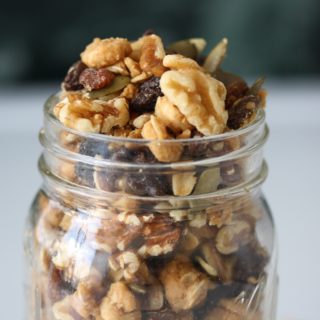
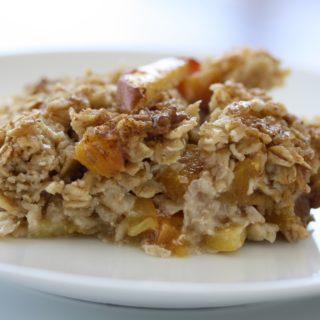
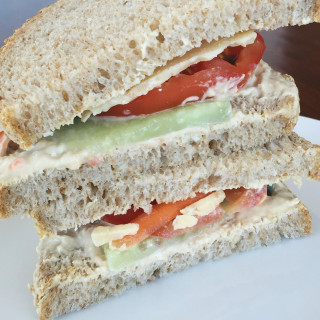
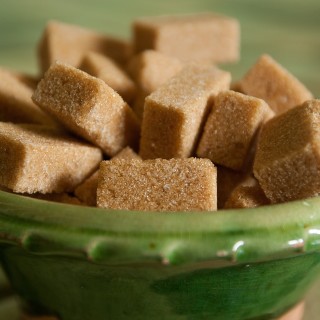
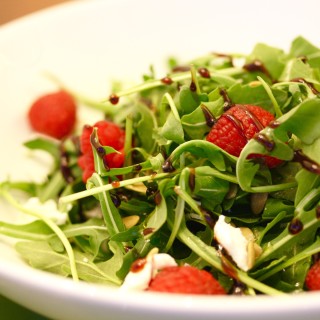

Great post, Caroline! Yes, digestive issues are tough to talk about, but impact so many! I’ve loved the impact of probiotics and occasional digestive enzymes for my own digestive issues, as well as eliminating some of my trigger foods (at least temporarily).
Thank you Megan! I love when you stop by my blog 🙂 xx
Thank you for this great tips! I am constantly plagued by a sore tummy. I actually have a list of foods that I can and cannot eat and I make sure to include yogurt for its probiotics. thanks again
That’s so good to hear Brandy. Thanks for letting me know, and I’m so glad I can help!
Thank you Brandy! I’m so glad you found this post helpful.